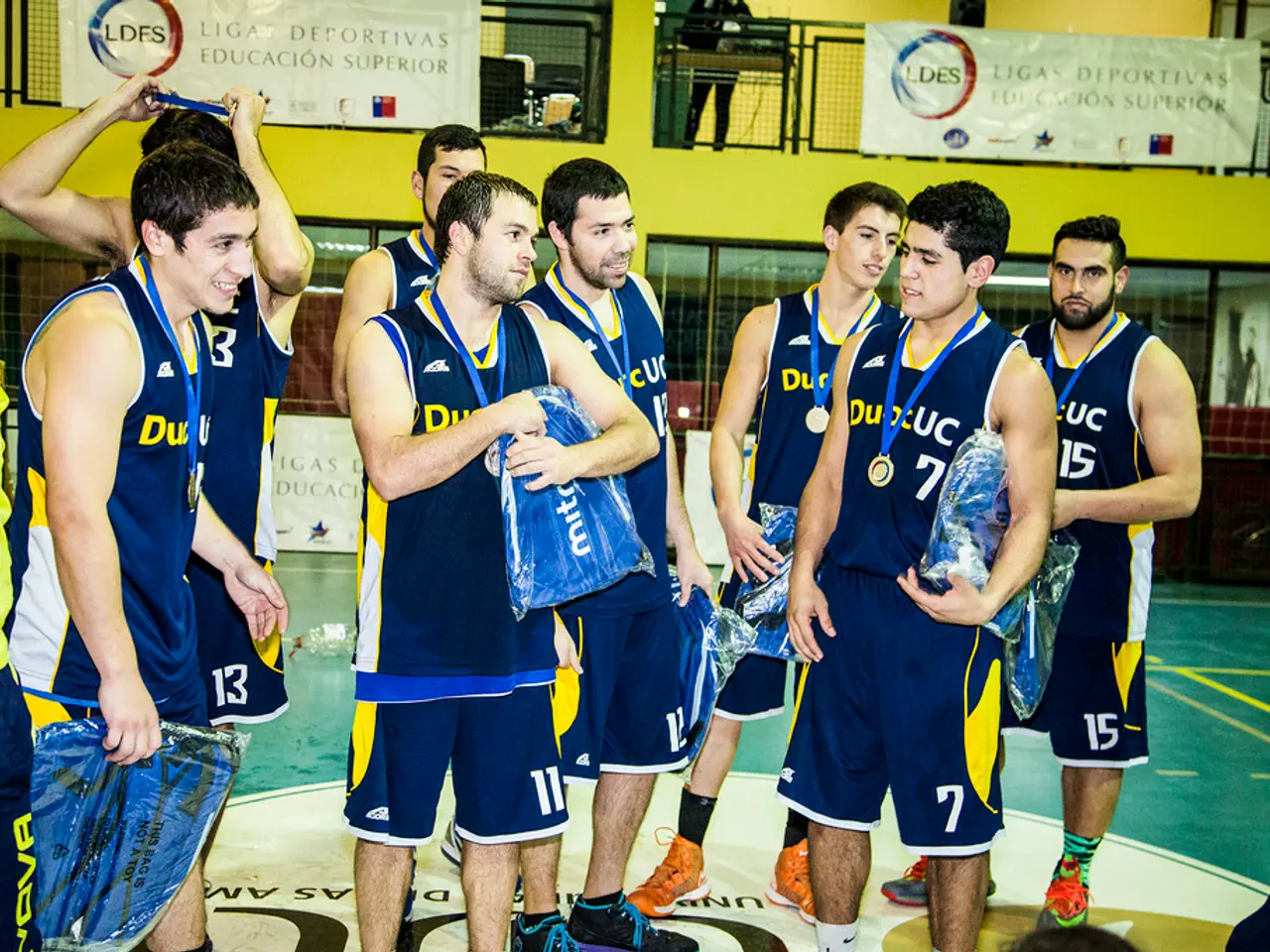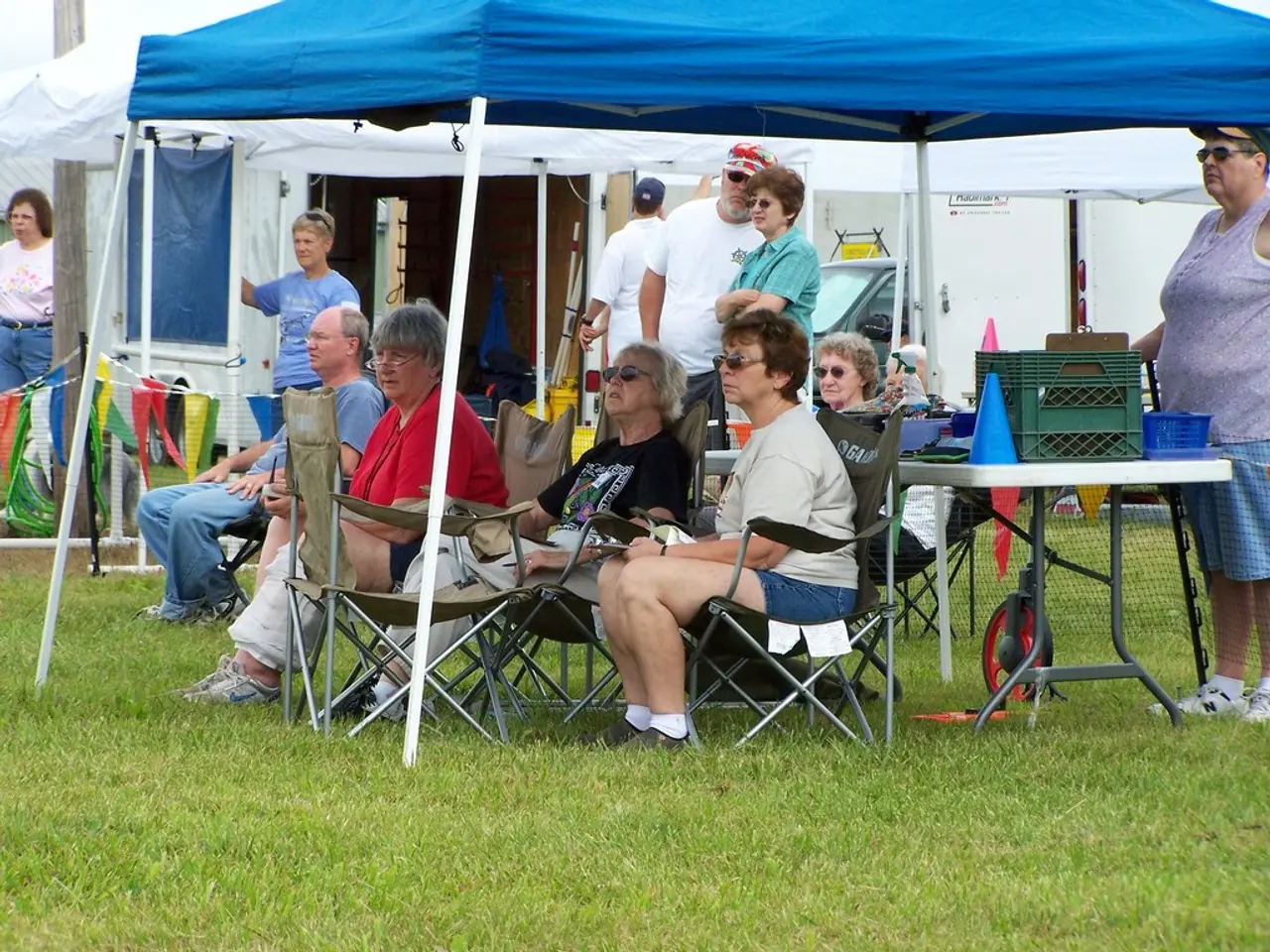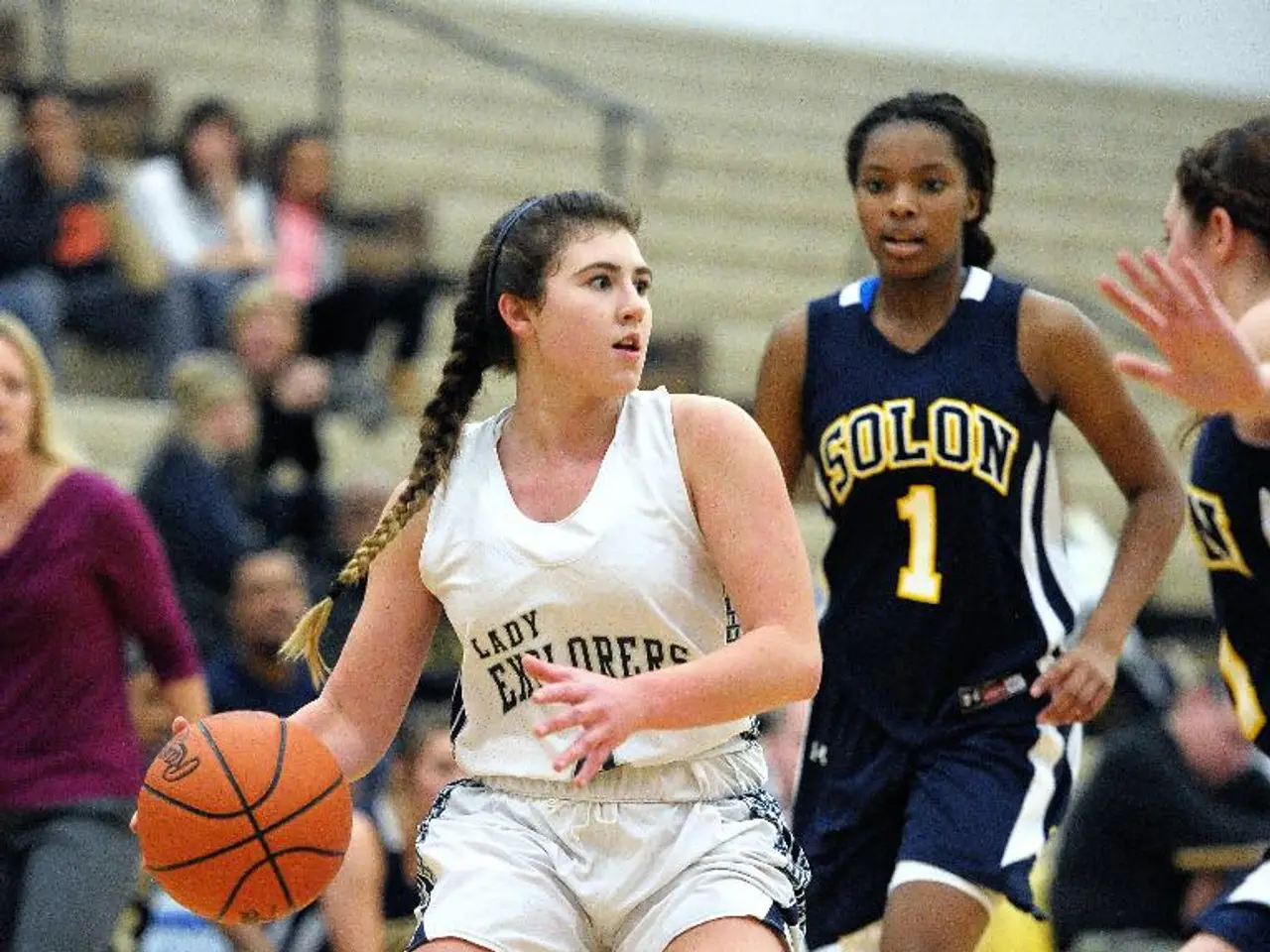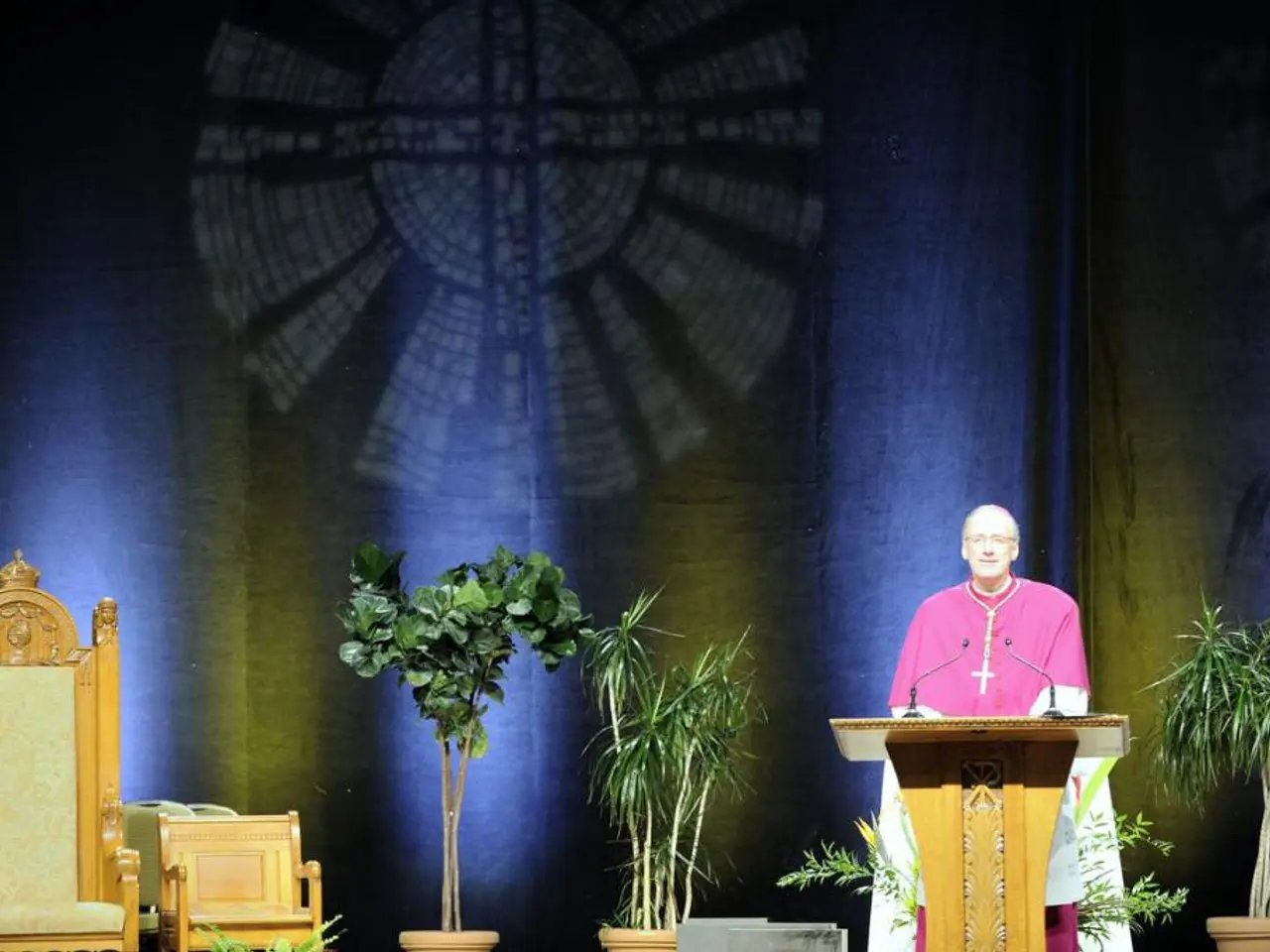Arbitration Decision Affirmed in Agent Controversy Regarding Golladay
The ongoing beef between NFL agents Todd France and Jason Bernstein, growing out of a six-year legal fight, saw a federal judge side with France last Friday. US District Judge Yvette Kane dismissed Todd's motion to vacate or modify an arbitrator's award given in favor of Bernstein. Both agents have sparred over former NFL wide receiver Kenny Golladay, who departed Bernstein for France.
In her order, Judge Yvette Kane mentioned the advantages of arbitration, such as a swift resolution of disputes, reduced costs, and the chance to have claims evaluated by industry experts. However, she also acknowledged the risks that come with it, as arbitration is a private forum where parties don't have the luxury of a second chance from the federal courts if they get an unfavorable outcome.
The spat initially took off during an autograph-signing event in January 2019, when Golladay, then a rising talent for the Detroit Lions, switched from Bernstein to France. Although Bernstein had no part in setting up the event, Facebook postings revealed that France was suspected of arranging it. Golladay signed around 600 items, earning $9,000, which Bernstein would have earned had he been involved. He ultimately parted ways with Bernstein and got attached to France shortly afterward.
The legal wrangle over Golladay's autograph signing has lasted longer than his NFL career. After inking a four-year, $72 million contract with the New York Giants in 2021, Golladay underperformed, battled injuries, and was eventually cut a couple of years later. At 31, Golladay's last NFL game was in January 2023.
At the heart of Judge Kane's order is the question of arbitration, a method the NFL Players Association uses for agent disputes. Agents are legally allowed to represent NFL players only because the NFLPA serves as the players' exclusive bargaining representative, thus mandating agents to adhere to NFLPA regulations and resolve disputes via arbitration.
In 2019, an arbitrator reviewed a case involving France and Golladay when Bernstein claimed France violated NFLPA regulations by wrongfully inducing Golladay to fire Bernstein. The arbitrator ruled in favor of France, who denied any wrongdoing, and found that Bernstein lacked sufficient evidence to implicate France.
However, pre-trial discovery in a related litigation unveiled new evidence. According to Judge Kane's order, France was involved in the signing event. Moreover, suspicious text messages and an events logistics thread among dealers mentioning someone named "Todd" from CAA emerged. These findings led Bernstein to petition a court to vacate the arbitration award. The US Court of Appeals for the Third Circuit eventually agreed, stating that the arbitration award had been procured by fraud in 2022.
As a result, a new arbitration began in 2023, which resulted in an award of $810,846 against France and a demand from France to vacate or modify it. In her order rejecting France's demands, Judge Kane reiterated the exceptional circumstances required to vacate an arbitration award, including fraud or corruption from the arbitrator. France argued that the arbitrator accepted the Third Circuit's fraud findings without allowing France a chance to defend himself and asserted that the arbitrator erred by imposing punitive damages.
Judge Kane, however, countered France's arguments, stating that the arbitrator had the discretion to determine the preclusive effect of a prior judicial action, meaning the arbitrator could rely on the Third Circuit's findings. In addition, she highlighted that France had been afforded ample opportunities to present his case during the arbitration process.
One controversial aspect of the award was the imposition of punitive damages, a rare occurrence in such disputes. Despite France's assertions that NFLPA rules and the Federal Arbitration Act do not allow for punitive damages in such cases, Judge Kane insisted that the arbitrator had discretion to impose punitive damages due to the fraud involved. She concluded the award of $810,846 was justifiable, given that the wrongdoing was willful, flagrant, and outside the bounds of acceptable behavior.
The France vs. Bernstein case demonstrates the complex ways arbitration and litigation intertwine in resolving agent disputes in sports and the judicial resistance towards disturbing arbitration decisions.
- In light of the ongoing dispute between NFL agents Todd France and Jason Bernstein, Judge Yvette Kane, in a recent arbitration case involving American football, emphasized the importance of industry experts evaluating claims in arbitration, despite the risks of a private forum offering no second chance from the federal courts.
- The ongoing France vs. Bernstein case, rooted in the National Football League (NFL), has highlighted the complexity of arbitration and litigation in resolving agent disputes in sports, demonstrating the judicial resistance towards overturning arbitration decisions, especially when financial liabilities, such as the $810,846 awarded against France, are found to be justifiable due to willful and flagrant misconduct.








